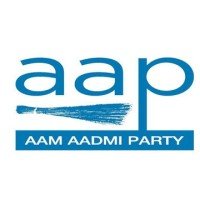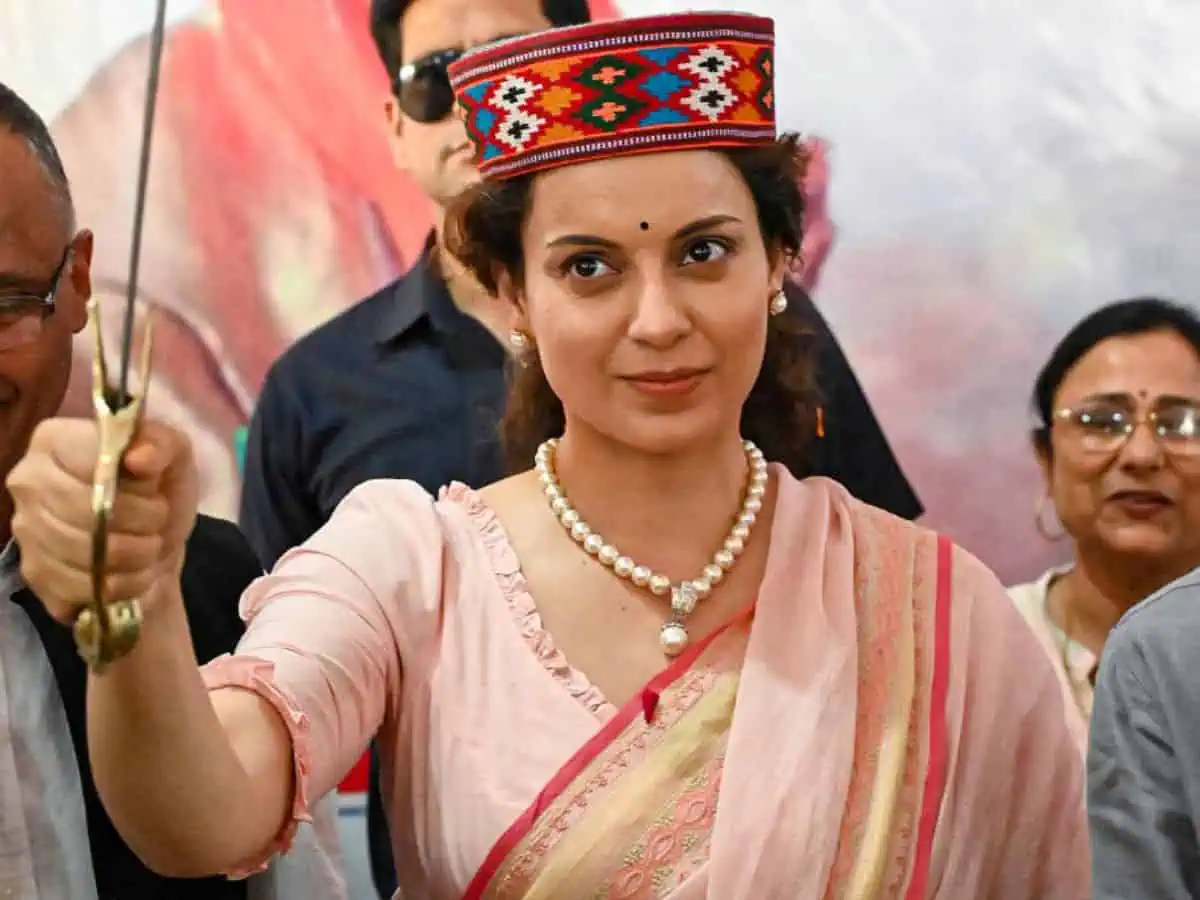The Court asked the ASG to clarify on Tuesday whether the offences and charges under the CBI and ED cases would be different in the event that the AAP is made an accused.
On Monday, the Central Bureau of Investigation (CBI) and the Enforcement Directorate (ED) disclosed to the Supreme Court their contemplation of charging the Aam Aadmi Party (AAP) in connection with the Delhi excise policy scandal.
Additional Solicitor General (ASG) SV Raju presented these arguments before a bench of Justices Sanjiv Khanna and SVN Bhatti. This hearing was conducted during the consideration of parole petitions filed by AAP leader and former Delhi Deputy Chief Minister Manish Sisodia.
Justice Khanna highlighted that an individual cannot be held indefinitely without the presentation of formal charges. He emphasized that uncertainty about when the charges might be filed cannot justify continued detention. In response, ASG Raju stated, “We are considering making the AAP a defendant,” as per instructions received.
The bench requested ASG Raju to clarify whether the offenses and charges in the CBI and ED cases would differ should the AAP be included as a defendant.
The scandal involves allegations that Delhi government officials conspired to grant liquor licenses to specific vendors in exchange for bribes. The accused officials are believed to have manipulated the excise policy to favor certain alcohol vendors.
Sisodia had previously been denied parole in this case by the Delhi High Court, prompting him to seek relief from the Supreme Court. During a hearing on October 4, the bench questioned why the AAP had not been named as a defendant in the case, especially since the party was allegedly the beneficiary of the alleged money laundering.
On October 6, the Supreme Court further inquired whether there was any evidence of bribery implicating Manish Sisodia in the alleged fraud.
In today’s hearing, Justice Khanna requested ASG Raju to respond to questions raised during the previous hearing. The Court clarified that these questions were not conclusions but rather inquiries for clarification.
ASG Raju referenced the chargesheets and argued that no input had been sought from excise officials before establishing a twelve percent profit margin in accordance with the policy. He noted that the margin was adjusted after a meeting at the Oberoi hotel with the South Group.
Justice Khanna raised questions about the involvement of multiple agencies in the investigations and whether the Prevention of Money Laundering Act (PMLA) would apply if a bribe were caught red-handed. The bench disagreed with ASG’s response, explaining that PMLA would only apply if there were evidence of generating, not merely possessing, money.
ASG Raju contended that Sisodia had engaged in money laundering based on evidence manipulation and arm-twisting in a broader context, emphasizing the need to set a strong precedent in this case.
Senior Advocate Abhishek Manu Singhvi, representing Sisodia, was asked to be prepared to address questions regarding allegations of cartelization, fixed profit margins, and the alleged transfer of criminal proceeds to the AAP.



